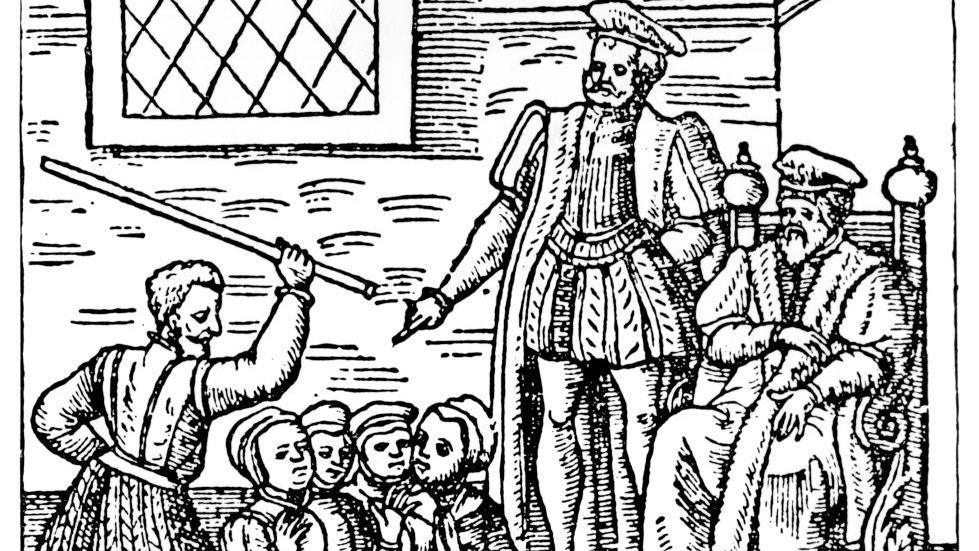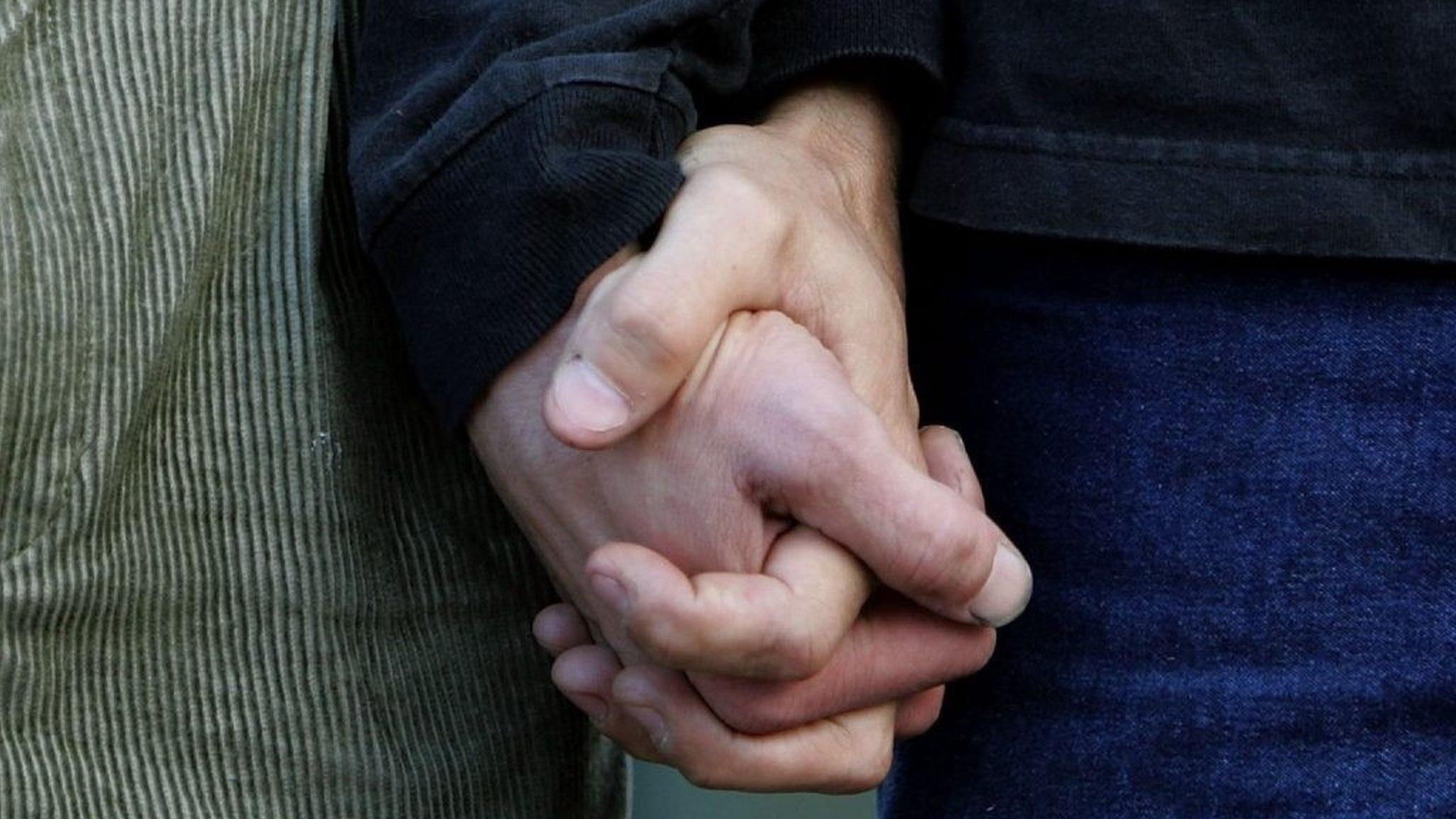Council calls for pardon for 17th Century 'witches'

Maidstone Borough Council says women killed after accusations they were witches "remain victims of a huge injustice rooted in misogyny"
- Published
A council has called for a general pardon of people executed after historical witch trials, including seven women who were hanged in Kent in 1652.
Five women from Cranbrook and one woman from Lenham were killed at Penenden Heath, now in Maidstone, after being accused of witchcraft.
Maidstone Borough Council leader Stuart Jeffery has written to the government calling for legislation to grant a general pardon to victims.
The government said a royal pardon could be granted in incredibly rare cases under the royal prerogative of mercy, but there were several conventions that were considered when an application is made after a person's death.
The women killed in 1652 and others executed under the Witchcraft Act 1562 "remain victims of a huge injustice rooted in misogyny", Jeffery wrote.
According to a pamphlet written that year, some of the women "confessed" to being pregnant "not by any man, but by the Divell".
Others did not bleed or feel pain after a "pin being thrust to the head into one of their arms", the author claimed.
Jeffery told the government that the women were "persecuted due to their social status, gender, and perceived non-conformity" and described their deaths as "acts of murder".
The council's cabinet voted to make plans for a permanent memorial to the women at a meeting in September.
Dr Dave Hitchcock from Canterbury Christ Church University told BBC Radio Kent the women executed were poor, older and single, and this "made them so vulnerable to accusation".
The historian said witchcraft accusations against women continued after this trial, including "on occasion" into the 18th Century.
Jeffery said a pardon could be granted in a similar fashion to Turing's Law.
The act posthumously pardoned thousands of gay and bisexual men found guilty of decades-old crimes in England and Wales of which they would be innocent today.
The Scottish government formally apologised in 2022 to people accused of witchcraft between the 16th and 18th centuries, but a proposal to legislate for pardons did not come to fruition.
The Witches of Faversham
Follow BBC Kent on Facebook, external, on X, external, and on Instagram, external. Send your story ideas to southeasttoday@bbc.co.uk, external or WhatsApp us on 08081 002250.
Secret Kent
Explore more fascinating stories from Kent
Listen and subscribe for the latest episode of Secret Kent
Related topics
- Published8 March 2022

- Published31 January 2017

- Published5 November 2014